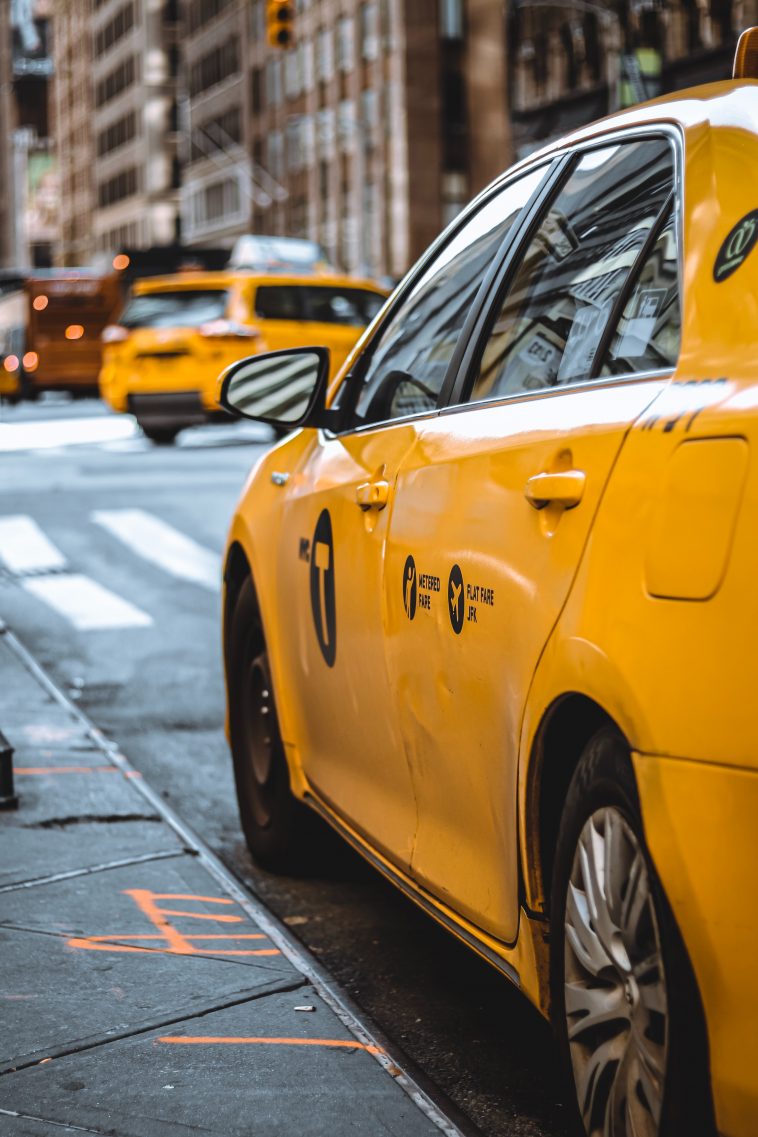Ride-hailing drivers in Nigeria are set to demand health insurance packages from e-hailing companies operating in the country following the recent passing of Adebayo Padmore, a driver for LagRide. Among the major ride-hailing companies in Nigeria, only Bolt currently offers health insurance to drivers, subject to specific performance targets. LagRide and Uber do not provide such benefits, as reported by three drivers speaking to TechCabal.
Ibrahim Ayoade, the general secretary of the App-Based Transporters of Nigeria (AUATON), emphasized their commitment to ensuring that all ride-hailing companies include their members in Health Maintenance Organisation (HMO) plans.
Drivers are advocating for health insurance benefits that are not linked to performance. Femi Adeyemo, Bolt’s Local Communication manager, stated, “We have been providing health insurance for three years” via text message.
However, drivers have a different perspective, asserting that this feature serves as an incentive. Jolaiya Moses, the national treasurer for the Union, mentioned during a separate call, “Bolt has one they use as an incentive when you overwork yourself to make about 300 trips. Many people have accidents trying to win the healthcare bonus.”
Another unnamed driver mentioned that LagRide requested drivers to contribute towards their health insurance. Despite TechCabal’s inquiries, Uber’s head of communications for East and West Africa, Lorraine Onduru, remained unresponsive to questions. Uber offers injury protection exclusively during active trips, as the company considers its drivers as independent contractors, not employees.
TechCabal had previously reported the tragic passing of Padmore on Monday morning while he was preparing for his usual passenger pickups. A medical report from Louis Med Hospital in Lekki confirmed his death at 5:45 am. His body was transported to Ibadan in the very LagRide vehicle he was still in the process of financing, as shared by some fellow drivers with TechCabal.
Last month, Ayoade strongly criticized the financing model used by LagRide, stating that it encouraged driver partners to demand unrealistic returns from drivers. He expressed concern about some drivers being forced to sleep in their cars on highways due to financial struggles, attributing this to the asset financing model employed by certain app-based ride-hailing companies.
Many drivers in the e-hailing sector, like Padmore, have turned their cars into their homes and sometimes resort to sleeping on highways to meet the targets set by ride-hailing companies or their personal goals.
Padmore’s tragic death has prompted a collective awakening among drivers, who have now joined forces to advocate for better health insurance provisions. Ayoade mentioned that they are currently assessing the situation, and further actions will be discussed after they lay their colleague to rest this weekend.





